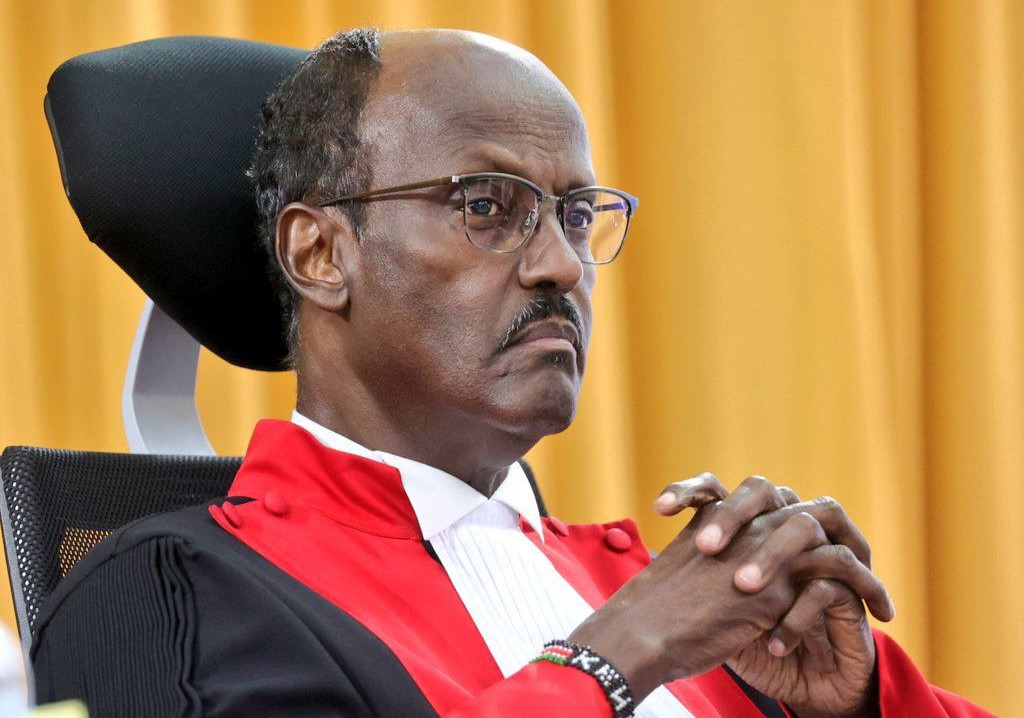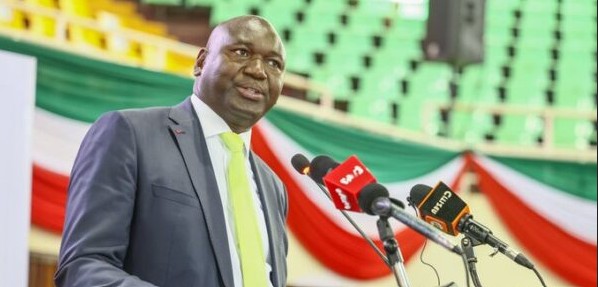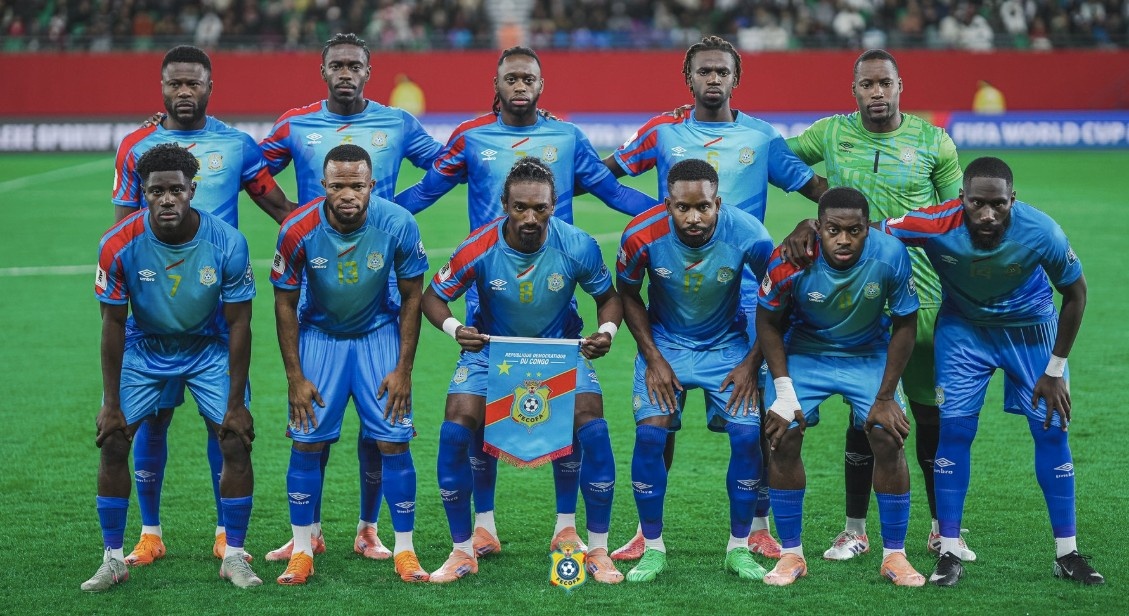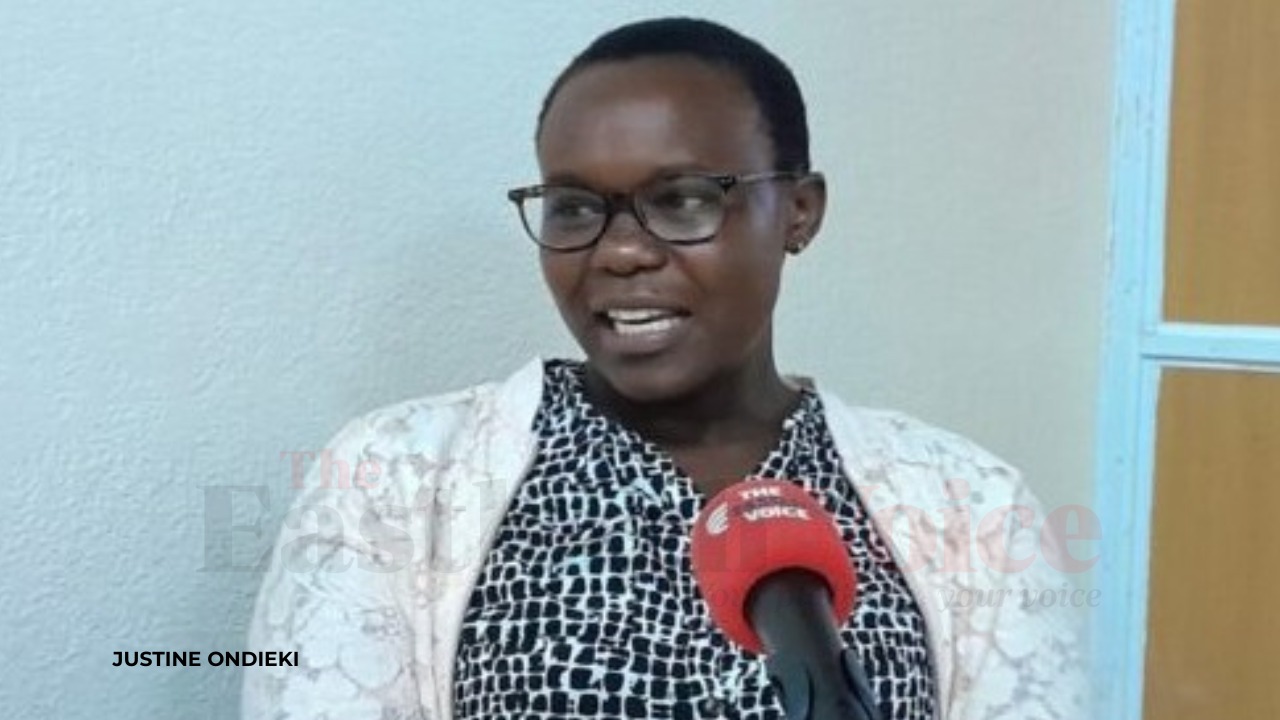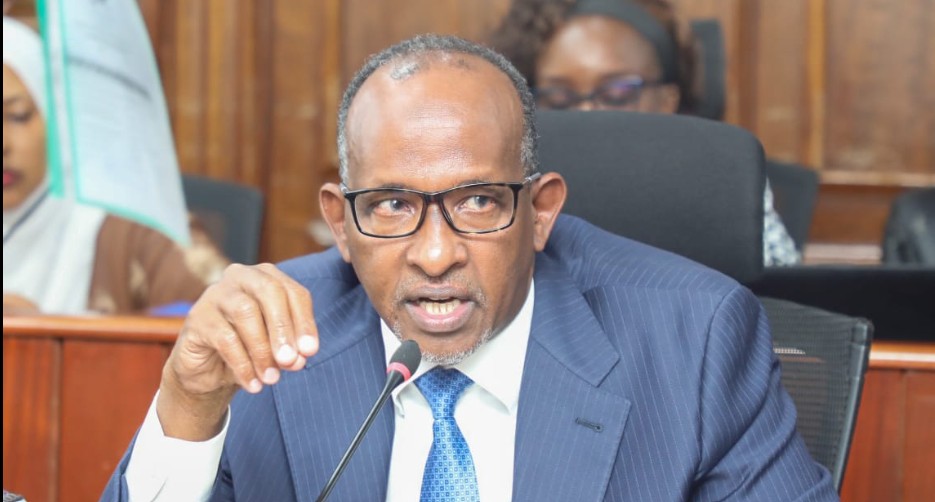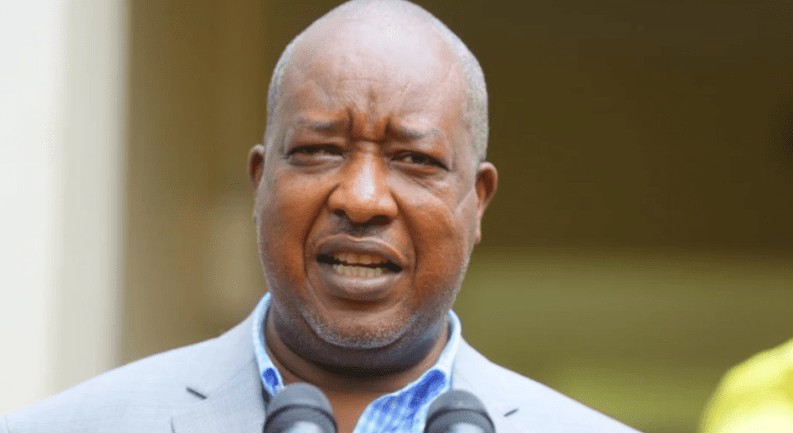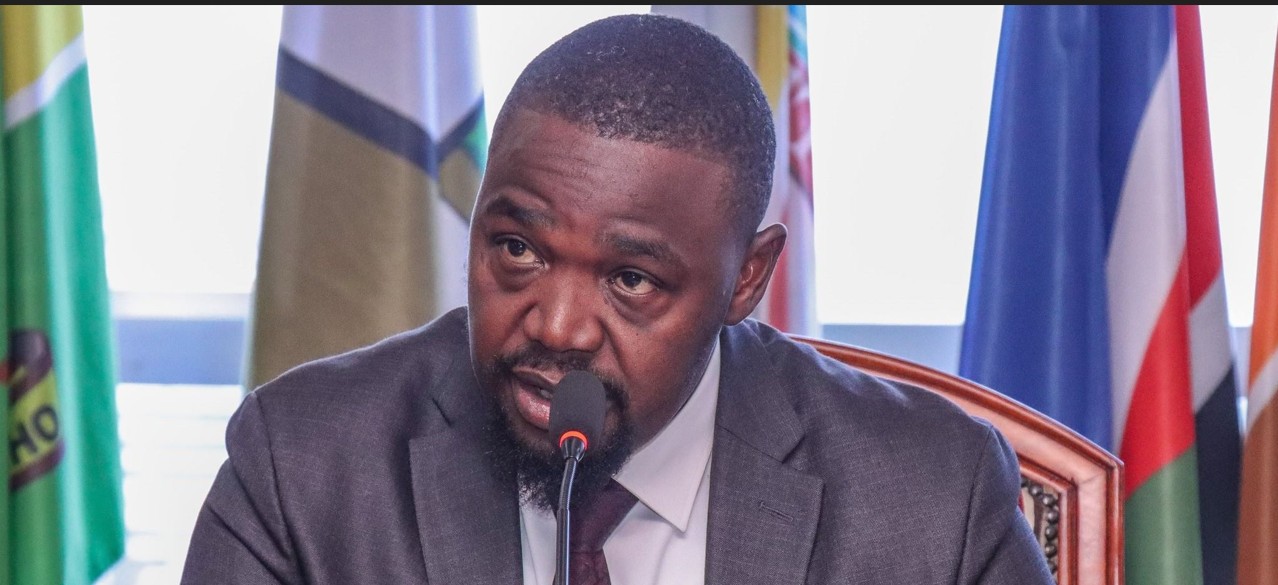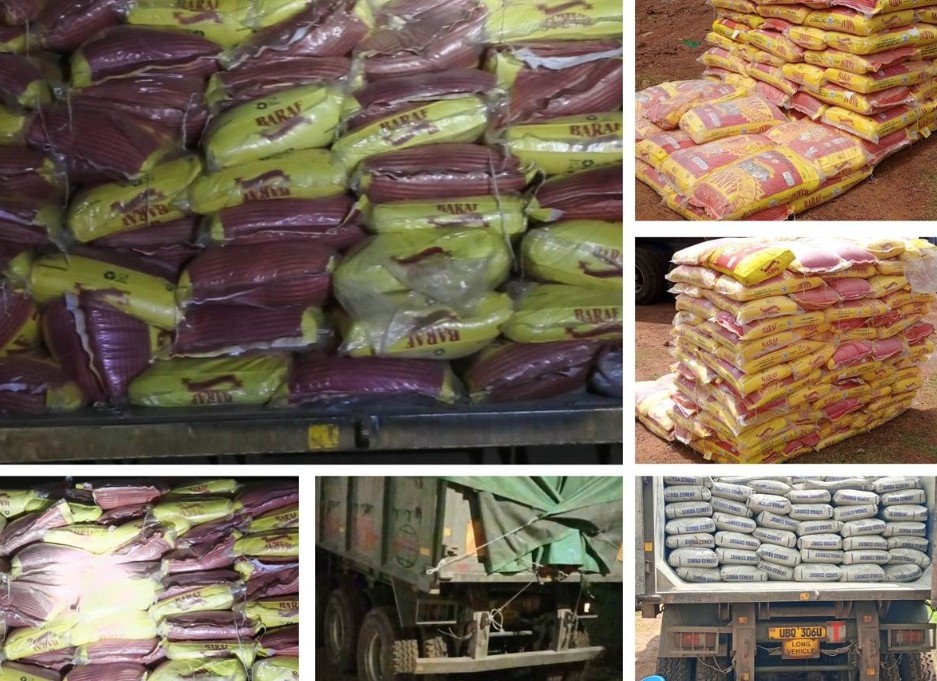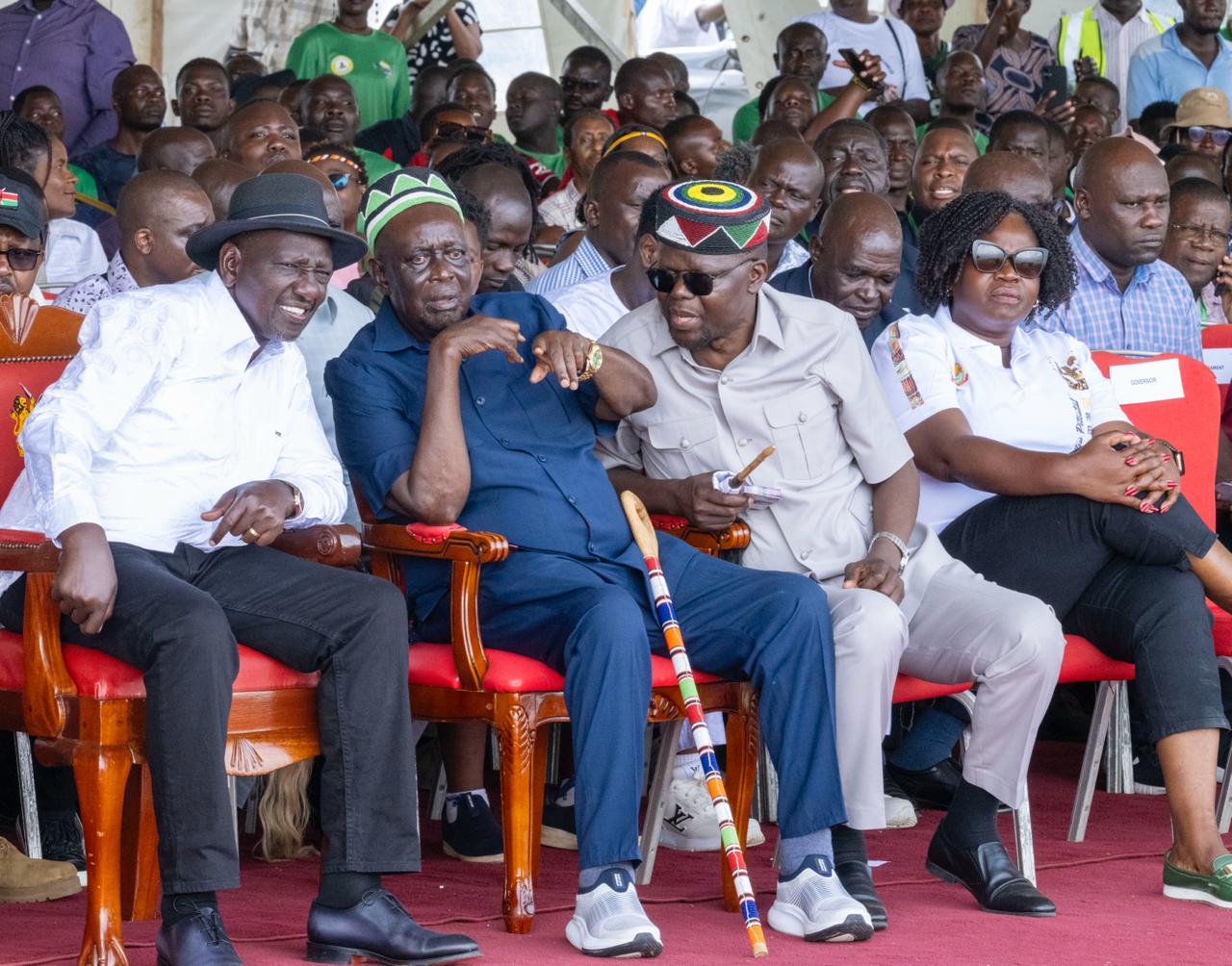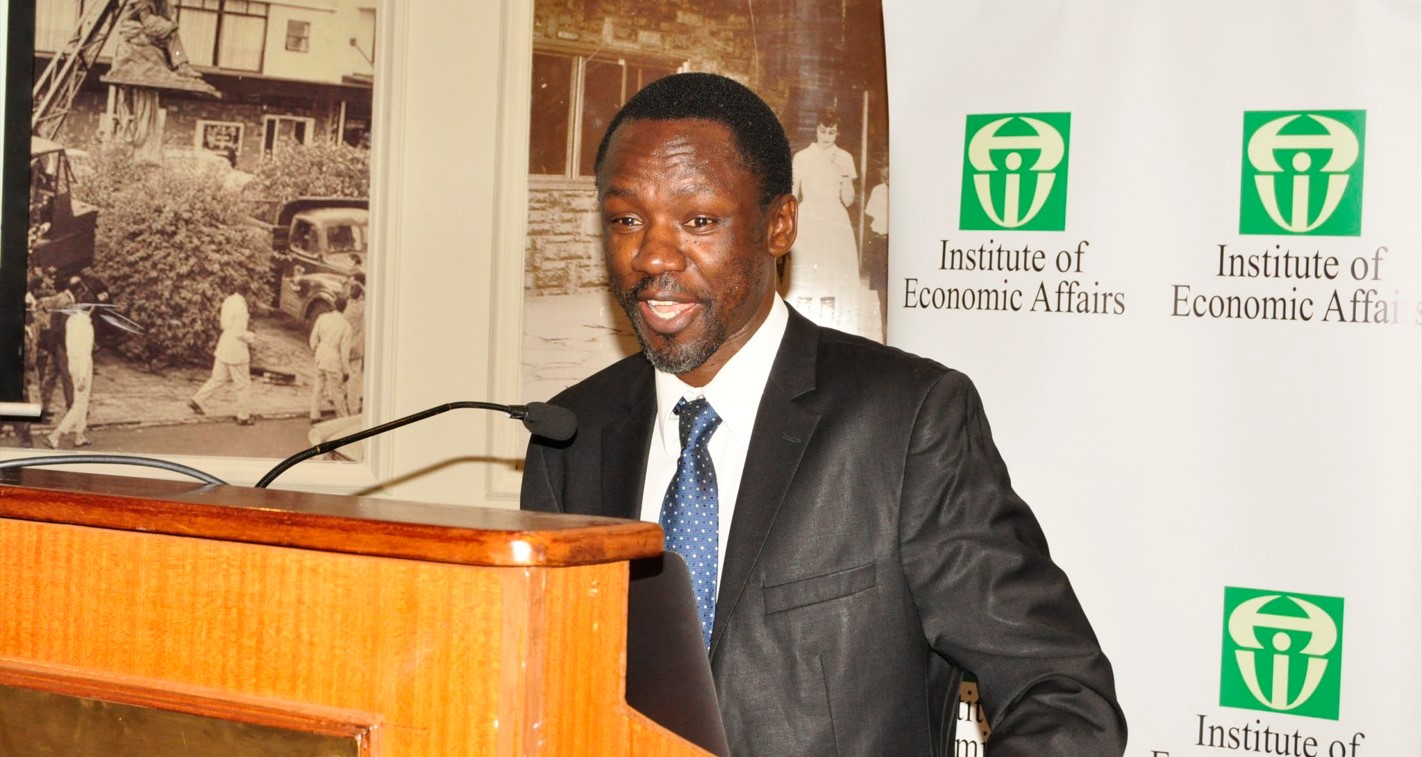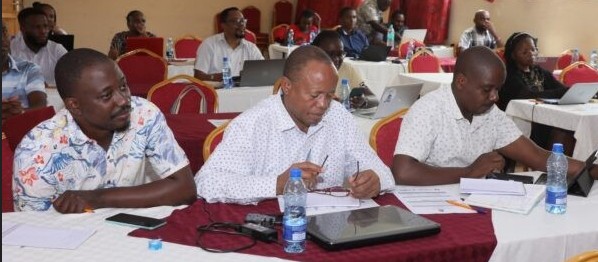KNEC faces Sh3.7 billion funding shortfall, raising fears over KCSE disruptions
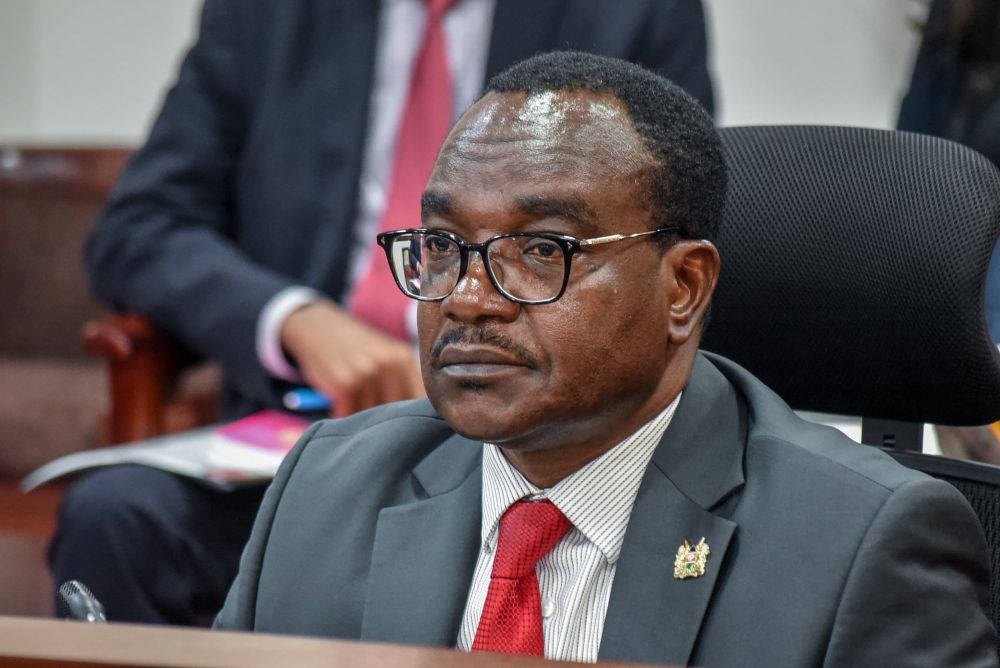
Education Cabinet Secretary Julius Ogamba told the National Assembly’s Education Committee that KNEC’s approved budget for the 2024/25 financial year allocated Sh5.9 billion for national assessments and examinations.
The Kenya National Examination Council (KNEC) is warning that a Sh3.7 billion funding shortfall could disrupt the ongoing KCSE exam, which began on October 21 and is set to conclude on November 21.
The council has asked the Treasury to release funds to bridge the deficit and ensure the smooth running of examinations, while also settling outstanding payments to service providers.
More To Read
- Treasury eyes restructuring as Sh137 billion water sector debt stalls
- County services at risk as 79 public funds lapse or near expiry, CoB warns
- County governments turn to banks as short-term debt hits Sh3.2 billion
- No layoffs for civil servants as Treasury unveils new payroll control system
- Explainer: How KJSEA 2025 results determine senior school pathways
- President Ruto pitches National Infrastructure Fund as engine for long‑term growth
Education Cabinet Secretary Julius Ogamba told the National Assembly’s Education Committee that KNEC’s approved budget for the 2024/25 financial year allocated Sh5.9 billion for national assessments and examinations.
Of this, Sh3 billion was earmarked for KCSE administration, Sh2 billion for the Kenya Junior School Education Assessment (KJSEA), and Sh900 million for the Kenya Primary School Education Assessment (KPSEA).
He explained that the total cost of conducting all assessments this year stands at Sh12.72 billion, leaving a gap of Sh6.8 billion.
“This is against a total requirement of Sh12.72 billion, being Sh8 billion for KCSE, Sh3.56 billion for KJSEA, Sh1.06 billion for KPSEA and Sh87.3 million for School Based Assessments (SBA). The deficit was thus Sh6.8 billion,” Ogamba said.
Ogamba acknowledged that the Treasury has committed to releasing Sh3.1 billion through the first supplementary budget, reducing the shortfall to Sh3.7 billion.
“We have written to the National Treasury to seek an additional budget to address the foregoing deficit. We have also sought a disbursement to enable the council to adequately fund this year’s examination and assessment processes, clear outstanding pending bills,” he told MPs.
He appeared before the committee alongside KNEC CEO David Njengere, with the session chaired by Tinderet MP Julius Melly.
The CS was also questioned about school capitation, as many institutions require funds to purchase essential teaching materials, including laboratory equipment.
It emerged that 29 schools were excluded from receiving capitation this year, a situation the ministry attributed to pending registration.
“Some of these schools are in the process of being registered and thus were not in our data for capitation,” Ogamba said.
Melly directed the ministry to provide a detailed list of the affected schools and explain why they were left out of the capitation.
“I am directing that you provide us with the list of the 29 schools by the end of tomorrow [Thursday], we will then deliberate and give further directions,” he instructed.
Ogamba also noted that the government had withheld some funds pending verification following revelations that certain schools and students were not genuine but still receiving government allocations.
The verification process, which concluded this month, found that 6,041 schools did not meet the criteria for receiving capitation due to low enrollment, while 990 schools failed to submit data for verification, raising questions of accountability.
“For those schools, we released 50 per cent of the allocation to ensure there is no school that is unable to operate during the ongoing exams, but we are coming for them to find out why they did not submit data,” the CS said.
Among the institutions that failed to submit data were 570 primary and 420 secondary schools.
The ministry continues to work with KNEC and Parliament to ensure funding gaps do not interfere with the ongoing national examinations while addressing systemic challenges in school registration and data compliance.
Top Stories Today
